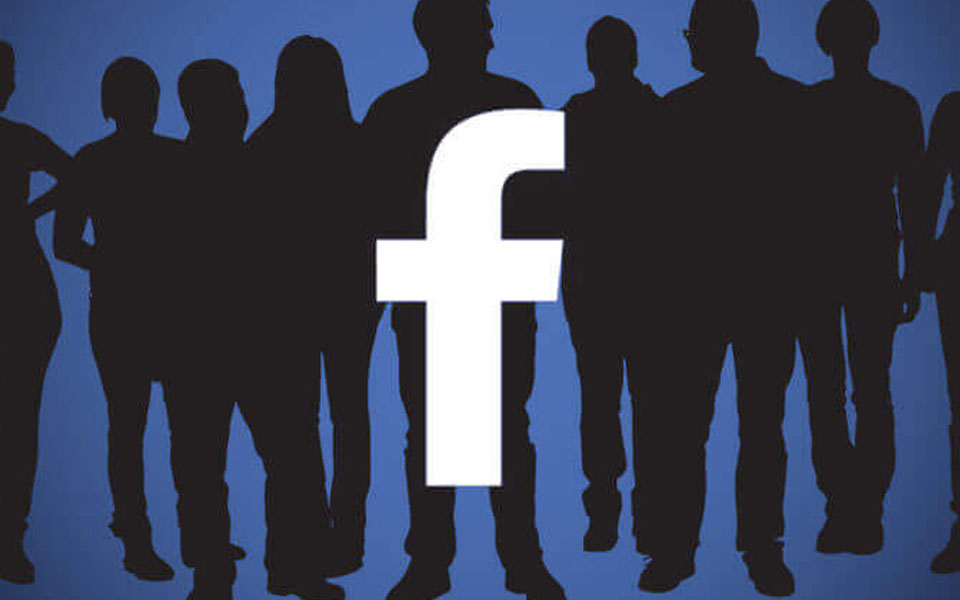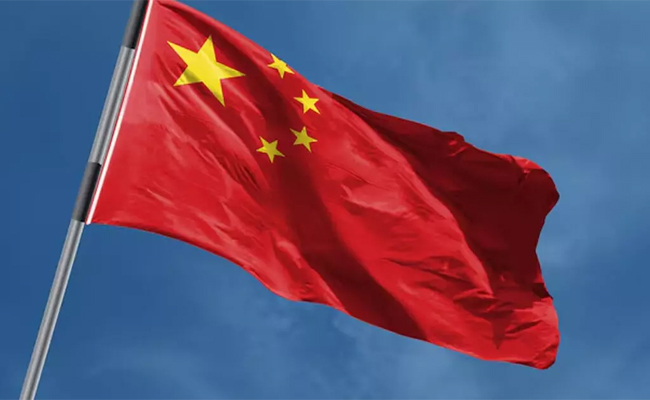San Francisco, July 1 : Facebook entered into data-sharing partnership with 52 technology companies, including Chinese companies like Alibaba, Huawei, Lenovo and Oppo, the social networking giant said in its latest response to Energy and Commerce Committee of the US House of Representatives.
In its 747-page response to questions raised by the committee, Facebook said it had already ended partnerships with 38 of them with seven more due to expire in July and one more in October this year, Engadget reported on Saturday.
However, Facebook said that three partnerships - involving Apple, Amazon and Tobii, an accessibility app that enables people with ALS (amyotrophic lateral sclerosis) to access Facebook - are due to continue beyond October this year.
Facebook said that it implemented tougher sharing controls in 2014 and gave third-party app developers one year of time to comply with the new rules.
However, 61 companies got as much as six months of extra time to wind down their data collection practices, the report said.
There are concerns Facebook has been using semantics to share data beyond a US Federal Trade Commission (FTC) consent decree requiring the site to obtain permission before collecting more data than a person's privacy settings allow, the Engadget report said.
But in its new response, Facebook claimed that it was not violating the decree.
Let the Truth be known. If you read VB and like VB, please be a VB Supporter and Help us deliver the Truth to one and all.
Thiruvananthapuram (PTI): The SSLC (Class X) examination commenced in schools across Kerala on Thursday.
Kerala General Education Minister V Sivankutty wished students appearing for the SSLC examinations success and urged them to approach the tests with confidence.
Apart from the SSLC examination, the Plus One examination also commenced on Thursday, while the Plus Two examination will begin on Friday.
As many as 4,17,497 students are appearing for the SSLC examination, which is being held at 3,047 centres.
ALSO READ: Nitish likely to file nominations for Rajya Sabha polls
A total of 633 students have registered for the SSLC examination from the Lakshadweep region.
Similarly, 633 students have registered for the SSLC examination in the Gulf region, where the examination has been postponed due to the ongoing conflict in West Asia.
The examination will conclude on March 30.
According to the Education Department, valuation camps for the exam papers will be held from April 7 to April 28, and the results are expected to be declared in May.
Sivankutty, in a Facebook post, said examinations should not be viewed with anxiety but as an opportunity to express the knowledge students have acquired.
Noting that students are appearing for the exams after completing their studies with revised textbooks based on the New Curriculum Framework 2023, introduced after a gap of 11 years, the minister said the new evaluation system aims to assess 21st-century skills such as critical thinking, analytical ability and creativity.
He also assured students that there are no changes in the examination structure this year and cautioned them against attempts by some people to deliberately spread fear in connection with the exams, urging them to reject such messages with discretion.
He reminded students that the Class 10 examination is only a qualifying test for higher studies and that the government has ensured Plus One seats for all students in Kerala.
The minister further urged students to prioritise their physical and mental health during the exam period by maintaining proper sleep and food habits.
“This is not the last examination in life. A world of opportunities lies ahead of you. Enter the examination hall with a calm mind,” he said, wishing all students success.
As many as 4,11,025 students have registered for the Higher Secondary (Plus One) examination and 4,52,437 students for the Higher Secondary (Plus Two) examination, which will conclude on March 28.





